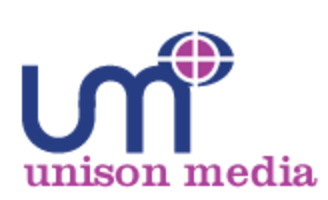Sadly the recent media furore into allegations about bullying at No 10, and a so-called anti-bullying charity wading in and breaching confidentiality by claiming that Downing Street staff had used its helpline, may just have made matters much much worse for distressed workers everywhere.
Having spent several years working alongside a superb team who provided an employee assistance programme (EAP) for employees in over 500 organisations, I know one of the battles that most organisations have is in convincing their staff that the service is truly confidential.
Workers throughout the country who picked up the courage to phone (and there were hundreds a day), benefited from the free, impartial and confidential support from an experienced and well qualified team of counsellors. But often, these callers were thought to be the tip of the iceberg, with many more people suffering with their stresses and practical problems in silence – some experiencing “presenteeism” in work, and others absent due to “illness”.
So what can employers do to encourage people to seek the right help and in a timely way?
Firstly, encourage managers to have a good relationship with their teams so they can spot any potential problems early – whether work or home related. Managers need not get too involved, but simply show their support, perhaps cut them a bit of slack, and point them in the right direction of where to get help.
Secondly, destigmatise problems and educate workers about mental health issues. Let’s face it, we all encounter life’s stresses and strains at some point – whether its because of money worries, bereavement, relationship difficulties, or a feeling of being overwhelmed etc. How we cope with these problems makes a difference to us either bouncing back quickly or experiencing the effects of full blown anxiety or depression. Good coping skills can be developed – through experience, and by seeking help.
Thirdly, remember help comes in many guises. Colleagues, friends and family can be brilliant, but no matter how well intentioned, sometimes they can make matters worse by giving advice instead of listening, by telling the individual what they think the individual wants to hear, and by being biased. So remind your staff of other resources e.g. their GP, helplines, support groups and websites, and if you have an EAP or welfare service let workers know how to access it.
And finally, back to confidentiality, if your company has invested in an EAP, tell staff why and what information you get from it. No one believes that a company is investing in a service for workers because they’re completely altruistic. So be straight with them, explain you’re doing it to get the best out of them and to minimise the effect of their problems on the workplace. And admit what kind of information you do get from the EAP provider. Then they can be assured that what they say really is confidential.
